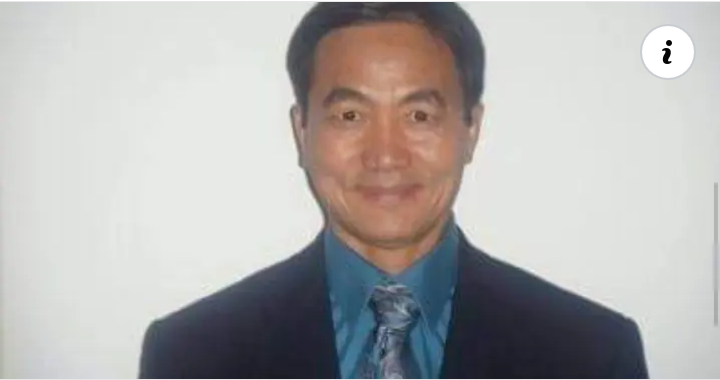Several prominent foreign tycoons have shown interest in acquiring Kenyan companies in recent years. However, their endeavors were met with rejection and obstacles. This article explores the failed deals involving notable individuals such as Aliko Dangote, Mark Zuckerberg, Xeng Yang, and Steven Bresky.
- Aliko Dangote: Aliko Dangote, Africa’s wealthiest individual, expressed his desire to expand his investment portfolio by acquiring a Kenyan company in November 2018. During an interview with an international media house, Dangote mentioned that his company, Dangote Cement, was engaged in discussions regarding a potential acquisition in Kenya and Tanzania. However, no concrete details or outcomes emerged from these reported deals, leaving the potential acquisition unrealized.
- Mark Zuckerberg: In 2016, Facebook founder and billionaire Mark Zuckerberg made an unexpected visit to Kenya. It was rumored that his trip included discussions about M-Pesa, Kenya’s mobile money service. While in the country, Zuckerberg expressed his interest in learning about mobile money and potentially supporting its global expansion. Speculation arose that he aimed to acquire M-Pesa, prompting Kenyan media to report on his meetings. However, the claims were denied by Bob Collymore, the then CEO of Safaricom, which operates M-Pesa. Collymore clarified that Facebook should build its own money sharing platform if they desired such a service.
- Xeng Yang: Chinese tycoon Xeng Yang made headlines in 2019 when he submitted a bid worth Ksh3 trillion (US$30 billion) to lease the entire city of Nairobi from the Kenyan government for a period of five years. However, President Uhuru Kenyatta rejected the offer. Additionally, Yang faced deportation from Kenya after referring to Deputy President William Ruto in a derogatory manner. Earlier, in 2018, the billionaire stirred controversy when he claimed in an interview with the African Daily that he possessed enough funds to feed the entire African continent for 21 days. These incidents strained his relations with African leaders and cast doubt on his intentions.
- Steven Bresky: In July 2018, Seaboard Corporation, a US-based company led by Steven Bresky, made an unsuccessful attempt to acquire Unga Group Limited, a Kenyan company. Seaboard sought approval from the company’s shareholders to acquire their 75 percent shareholding. However, some shareholders were reluctant to sell their shares at the offered price of Ksh40, as the value of a share for Unga Group was Ksh67.19 at the time. Despite their efforts, Seaboard’s acquisition bid did not come to fruition. Unfortunately, Steven Bresky passed away in July 2020, marking the end of his business pursuits.
Conclusion: These cases illustrate the failed attempts of foreign tycoons to acquire Kenyan companies. Whether due to undisclosed reasons, disagreements over valuation, or contentious remarks, these deals were ultimately rejected. Such endeavors serve as a reminder of the complexities and challenges involved in cross-border acquisitions and underline the importance of mutual understanding, transparency, and alignment of interests between parties in successful business transactions.



